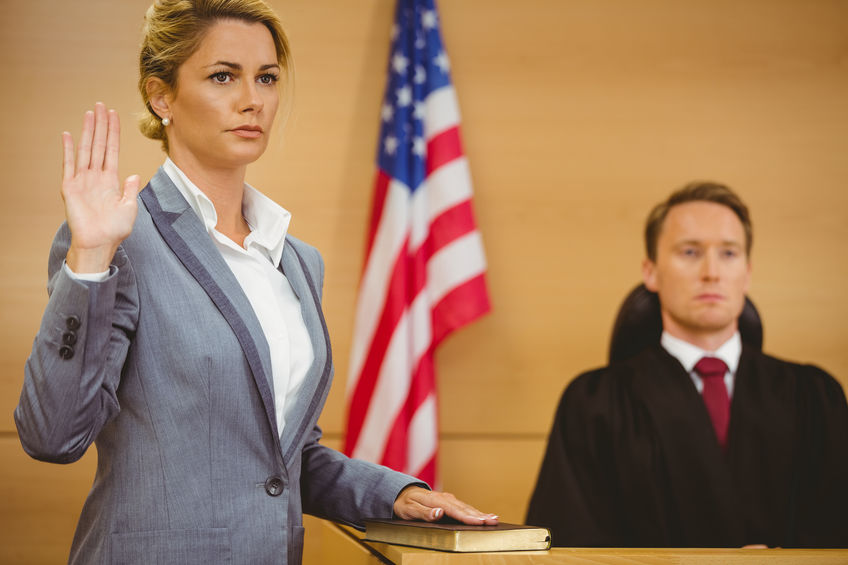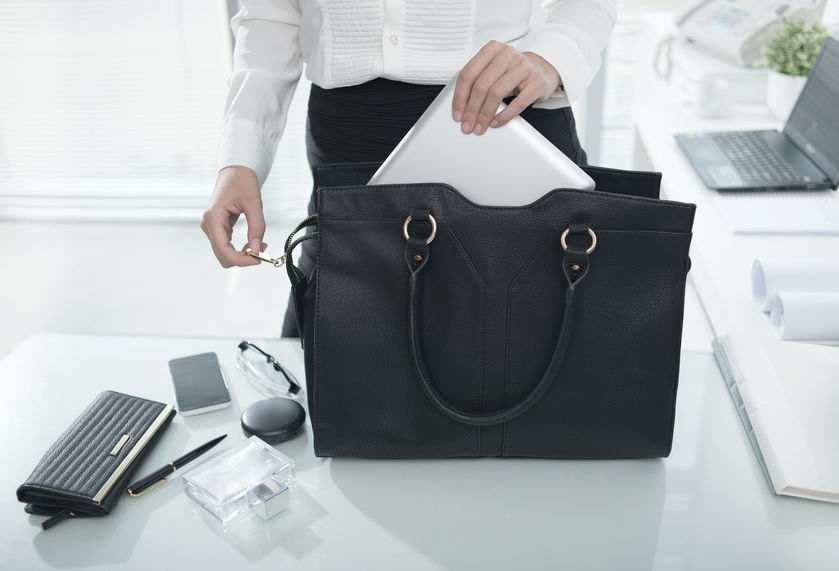Proper Dress for Court

If there was ever a time to dress for the occasion, an appearance in a court of law would be such a time. Being in public or government spaces like this means that something important and official is occurring.
Traditionally, people dress with care and a concern for propriety on these occasions. What you wear not only signals how serious you are about your appearance, but is also an expression of your attitude and confidence.
Dress Codes
Dress codes for courtrooms are usually stated. Check the court’s website or call the courthouse to verify.
However, there can be a difference in what is suggested and what will make the best impression. What you wear should show respect for the other individuals attending, the situation, and the process.
The courtroom and other gatherings of a governmental nature call for subtle and modest attire that is clean and well-fitted. The laws of propriety prevail.
Appropriate attire for a man is a well-fitting dark suit. A black or navy blazer with matching or coordinated slacks (no jeans) and non-athletic shoes sends the necessary conservative message.
For women proper dress is a style tempered to you, sending a signal of good taste. Like men, arms and chest need to be covered. A suit or apportioned dress – one that doesn’t ride up when you sit – will work. Sitting down in front of a mirror to test the length of your skirt is a good practice. Charcoal, black, and blue are basic colors that look good and signal seriousness, along with close-toed shoes.
Items that do not convey proper appearance, demeanor, or intentions:
- Shorts or cut-offs
- Hats
- Plunging necklines or see through blouses or midriffs
- Sandals, flip flops, or athletic shoes
- Pants below the waist.
- Shirts that have emblems or words
It’s Not Just What You’re Wearing
Your first consideration before getting dressed should be good grooming. A bath or shower is a necessary requirement along with clean, well-cut and styled hair, clean trimmed nails, and minimal cologne or perfume, although none is best.
Your posture, and the way you carry yourself are also considered part of your attire. Standing and sitting upright help you portray yourself in a dignified manner.
A modest demeanor is a powerful way to calmness, whether seated in a courtroom or attending a lawmaking session.
A trial or court appearance often involves subdued tensions. First impressions may have more than a lasting effect in terms of how you are dressed and handle yourself.
Regardless of the specific reason you find yourself in a courtroom or house of government, showing respect for what these places represent is your obligation as a citizen. Calm, confident behavior, honest words, and proper dress are just three ways you can show your respect.














